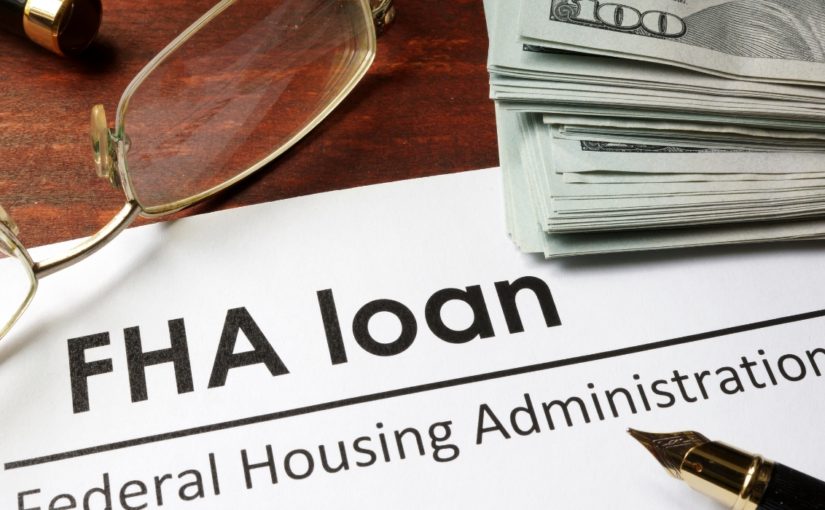back
Comparing Fannie Mae, Freddie Mac, and FHA Multifamily Loans
01-2023

In order to finance the purchase, development, or renovation of multifamily properties, investors and developers frequently turn to Fannie Mae and Freddie Mac. Another choice is the Federal Housing Administration (FHA), but it differs from the others in a few ways that might make it better for some borrowers. Freddie Mac, Fannie Mae, and FHA multifamily loans will all be contrasted in this blog post in terms of eligibility standards, loan terms, and the kinds of properties they can be used to finance.
Requisites for eligibility
Investors and developers who want to buy, refinance, or renovate multifamily properties with five or more units may be able to do so with the help of a Fannie Mae or Freddie Mac multifamily loan. Borrowers must meet certain requirements, including a debt-to-income ratio of no more than 45% and a minimum credit score of 680 to be eligible for these loans. Borrowers also need to have a minimum of two years’ experience in the real estate business and a history of profitable investments in that sector. Although these conditions are quite strict, they are set up to make sure that borrowers have the resources and knowledge necessary to successfully manage a multifamily property.
Borrowers who wish to buy, refinance, or renovate multifamily properties with four or more units may do so with the help of an FHA multifamily loan. Borrowers must meet two requirements in order to be approved for these loans: a debt-to-income ratio of 50% or less, and a minimum credit score of 620. The FHA does not have a minimum experience requirement for multifamily loans, unlike Fannie Mae and Freddie Mac. FHA loans are therefore a good choice for borrowers who are new to the real estate market or who have less established credit histories.
Loan Conditions:
With amortization times up to 40 years, multifamily loans from Fannie Mae and Freddie Mac have terms ranging from 5 to 30 years. These loans come in fixed-rate or adjustable-rate varieties, with interest rates set by the state of the market at the time the loan is originated. Additionally, Fannie Mae and Freddie Mac provide a range of loan programs, such as loans for acquisition and renovation, refinancing, and energy-efficient mortgages. With the help of these programs, borrowers can customize their financing to suit their unique requirements and objectives.
Loans made through the FHA for multifamily properties have terms of 5 to 35 years and amortization periods of up to 50 years. At the time of loan origination, market conditions determined the interest rates on these loans, which are always fixed-rate. You can refinance existing FHA-insured loans as well as use FHA multifamily loans to pay for the purchase, building, or renovation of multifamily properties. Low down payments, usually just 3.5% of the purchase price, are one distinctive aspect of FHA loans. Due to this, FHA loans may be a good choice for borrowers who don’t have much cash on hand but still want to purchase a multifamily property.
Variety of Properties:
Apartments, co-ops, condominiums, and student housing are just a few of the many multifamily properties that can be financed using multifamily loans from Fannie Mae and Freddie Mac. If the borrower satisfies certain income and rent requirements, these loans may also be used to finance the purchase of affordable housing properties. For the properties to continue to be accessible to low- to middle-income families, these limitations must be in place.
Multifamily properties such as apartments, co-ops, condominiums, and student housing can all be financed with FHA multifamily loans. These loans can also be used to pay for the purchase, development, or renovation of healthcare properties such as nursing homes, assisted living facilities, and other types of healthcare real estate.
In conclusion, Investors and developers seeking to finance the purchase, construction, or renovation of multifamily properties frequently turn to Fannie Mae, Freddie Mac, and FHA multifamily loans. Even though these programs are somewhat similar, they also differ significantly in ways that, depending on the circumstances and requirements of the borrower, may make one option more advantageous than the other. Prior to selecting a multifamily loan program, borrowers should carefully consider their eligibility requirements, loan terms, and the kinds of properties they can use the program to finance.
An expert in negotiating the best terms for your commercial real estate projects is F2H Capital Group, a debt advisory company. Along with fixed loans, bridge loans, and construction loans for all asset types, the company also provides a variety of other financial goods and services. To discuss your financing needs, kindly get in touch with us.

